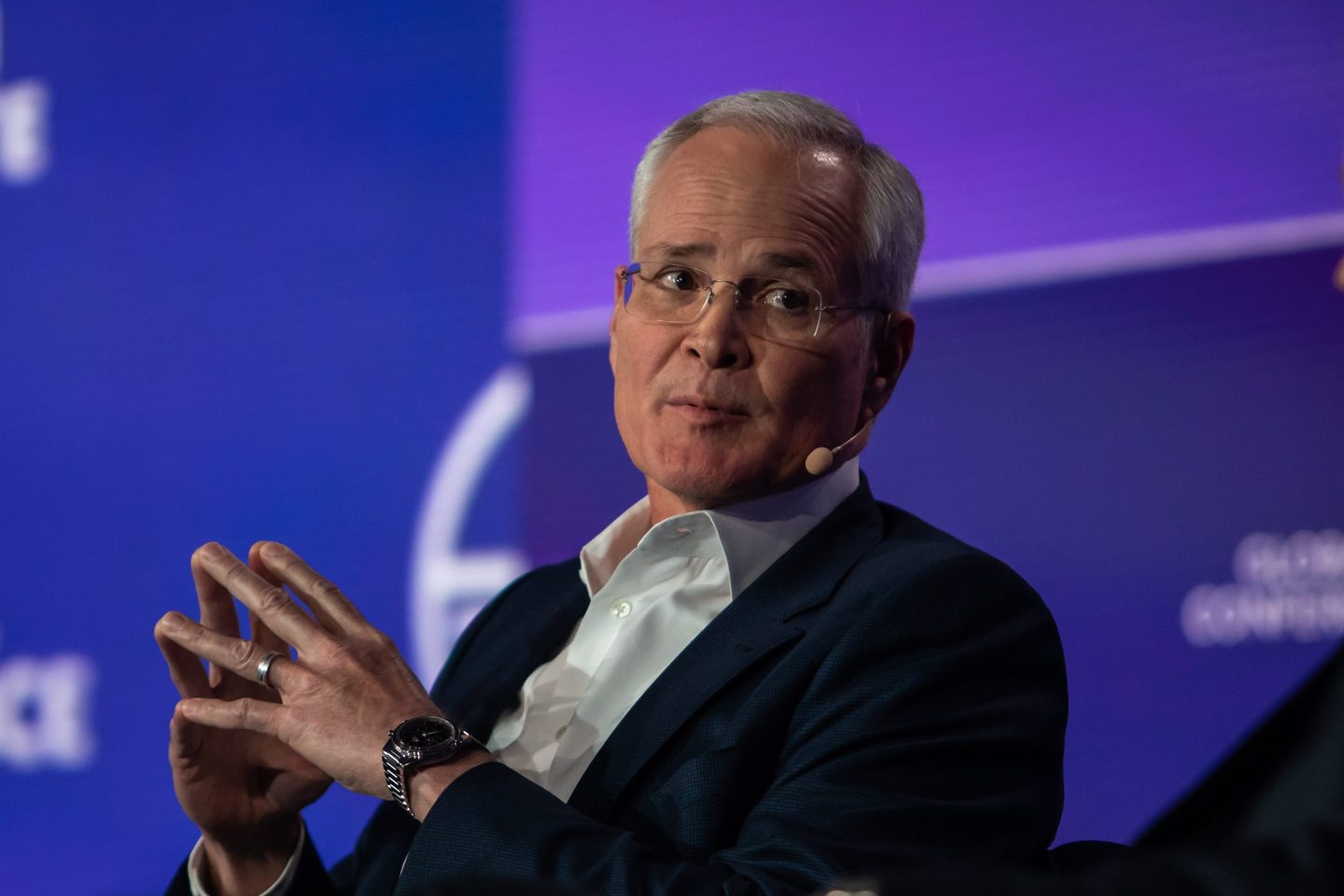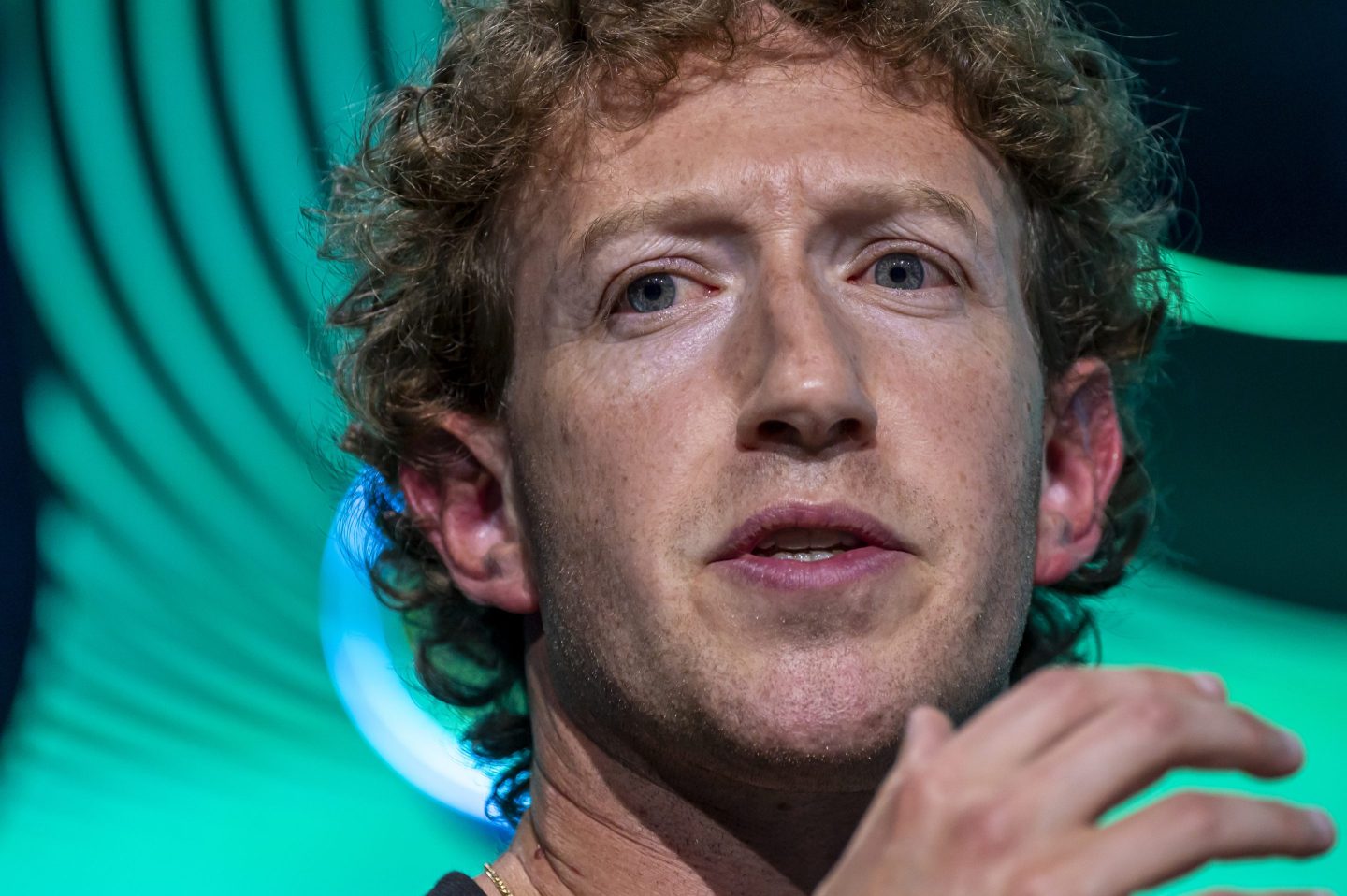Any leader’s most important jobs include deciding which crazy ideas to take seriously. This is most apparent with technology. The Internet? Twitter? Candy Crush Saga? All obviously crazy, except they weren’t. The same principle applies to economics, culture, and social trends, with the example of the moment being Finland’s clearly insane proposal to give every citizen €800 (about $875) a month – a so-called universal basic income. For now, it’s only a proposal, but it’s a serious one; Finnish Prime Minister Juha Sipilä supports it. I suspect this is one of those crackpot ideas that government and business leaders need to keep an eye on.
The reason is that if it ever becomes a widely credible policy option, it won’t be for the reasons Finland is considering it, which is to simplify a vast and complex social welfare system. Instead, it will be because alarming predictions about the effect of technology on employment start showing signs of coming true.
Of course that’s another crazy notion—that technology is now advancing so fast that it will, for the first time in history, begin to eliminate jobs faster than it’s creating them. This is the Luddite fallacy, and for 200 years it has been spectacularly wrong. Its wrongness is one of the firmest orthodoxies in economics. Except that now, a number of well known economists ranging from left-of-center Larry Summers to right-of-center Tyler Cowen are beginning to wonder if it isn’t wrong anymore. Plenty of established technologists, such as Internet pioneer Michael Roberts and NASA program manager Mark Nall, are wondering the same thing.
A small group of academics don’t wonder. They’re convinced we’re headed for a “post-work economy” in which technology takes over so many jobs, including high-paying jobs, and does them so much better and more efficiently than humans do, that large numbers of people won’t be able to find work that will support them. These academics conclude that the inevitable policy response will be—guess what—a universal basic income, paid out of the profits of the businesses that earn lots of money while employing almost no one.
Making the case that the post-workers are nuts is a lot easier right now, with the U.S. unemployment rate at 5%, than making the case that they’re right. But consider that U.S. median wages have been stagnant for years and that real-world executives like former Treasury Secretary and Goldman Sachs CEO Henry Paulson argue that technology is an important part of the reason. Then think ahead to the next recession, when unemployment rises and highly visibly technologies like self-driving cars start taking over significant numbers of jobs. We’d still be a long way from instituting a universal basic income, but the concept could move from the fringe to the center.
The key word is “could.” I still think it’s one of those crazy ideas that actually is crazy. I’d bet that it won’t happen in our kids’ lifetimes. But even if it begins to join the mainstream conversation, business leaders had better know what it means for them and be ready to talk about it. Because if there’s one thing we’ve learned from impossible successes like Tinder and World of Warcraft, it’s that you never know.
You can share Power Sheet with friends and followers here.
What We're Reading Today
Pearson faces heat at Valeant
CEO J. Michael Pearson joined Valeant Pharmaceuticals because of his plans to grow through acquisitions. The strategy, which included buying low-cost medicines and dramatically increasing the prices of those drugs, has come under scrutiny, as has his tenure at the firm, which had seen the stock rise 4,000% from 2008 to August 2015. But now that regulators and Wall Street are questioning his business and accounting practices, Pearson has his back against the wall. WSJ
Viacom CEO discusses Redstone succession plan
CEO Philippe Dauman says the 92-year old Viacom chairman had put in place a succession plan over 20 years ago. Trustees have been designated to run his holding company, National Amusements, in case Sumner Redstone dies or is deemed mentally incapacitated. Large investors have pressured Viacom to release records concerning Redstone's mental health. Los Angeles Times
Another Chipotle E. Coli scare
More than 20 students at Boston College, including members of the men's basketball team, have reportedly fallen ill to E. Coli poisoning after recently eating at a Chipotle near campus. The Massachusetts Department of Public Health is determining whether Chipotle is the cause. The fast-food chain says there's no evidence to suggest it's linked to the E. Coli outbreak on the West coast. Still, the company's shares tumbled, while co-CEOs Steve Ells and Monty Moran have remained relatively quiet in response to the health scare. Fortune
Anglo American to cut 85,000 jobs
The mining giant and owner of De Beers diamonds has struggled amid the fall in commodity prices. In response, CEO Mark Cutifani has instituted a radical reformation that includes consolidating the company from six businesses to three. This will shrink its workforce by 63%, although some employees could keep their jobs once the businesses are sold. BBC
Building a Better Leader
The latest employee perk
Natixis Global Asset Management will give employees $5,000 to pay off federal student loans after five years, then $1,000 a year for the next five years. CNN Money
If you're bad at hiring...
...than do what Slack CEO Stewart Butterfield does and make sure to hire someone that's great at it. Fortune
The one place where gamification at work has been accepted
The sales department. Knowledge@Wharton
Needing Action
Donald Trump: Block all Muslims from entering the U.S.
In what may prove to be the definitive moment in Donald Trump's presidential campaign, he has called for barring all Muslims, including tourists, from entering the U.S. Fellow Republican candidates denounced the statements, including Jeb Bush who said Trump had come "unhinged." But since Trump continues to lead in polls, this could prove too big of a mess to fix for whomever wins the GOP nomination. Fortune
ISIS mocks Twitter, Facebook
Efforts to shut down accounts from terrorists and sympathizers by social media companies have proven ineffective. Hillary Clinton has called social companies out, urging them to be more aggressive in their efforts to root out such users. Jack Dorsey, Mark Zuckerberg and other heads of social companies haven't done enough, according to experts. NYT
U.S. Postal Service to email your mail
The new service, which sends emails of your scanned mail, will come to New York City and parts of Connecticut this fall. While it's hard to say how useful this program is since emails will arrive only hours before your mail arrives, it's a move by Postmaster General Megan Brennan to modernize the organization. Plus, the USPS already photographs mail, which started in 2001 following an anthrax scare. Wired
Up or Out
Yum Brands CFO Patrick Grismer has resigned and will step down in February. Reuters
Fortune Reads and Videos
Netflix investors grow nervous...
...over plans to increase its original programming and an ongoing battle with TV networks for licensing rights. Fortune
Solutions to mass shootings will be tough to stop...
...because neither side of the argument is talking to the other. Fortune
Apple releases its first battery case
The company says it will extend talk time on an iPhone 6 or 6S up to 8 hours. Fortune
USC's fired football coach files suit
And Steve Sarkisian has a chance to win, claiming wrongful termination and discrimination based on a disability. Sarkisian admitted he's an alcoholic just prior to his release. Fortune
On this day...
...in 1993, President Bill Clinton signed the North American Free Trade Agreement into law. Miller Center
Share Today's Power Sheet:
http://fortune.com/newsletter/powersheet/
| Produced by Ryan Derousseau | |
| @ryanderous | |
| powersheet@newsletters.fortune.com |













